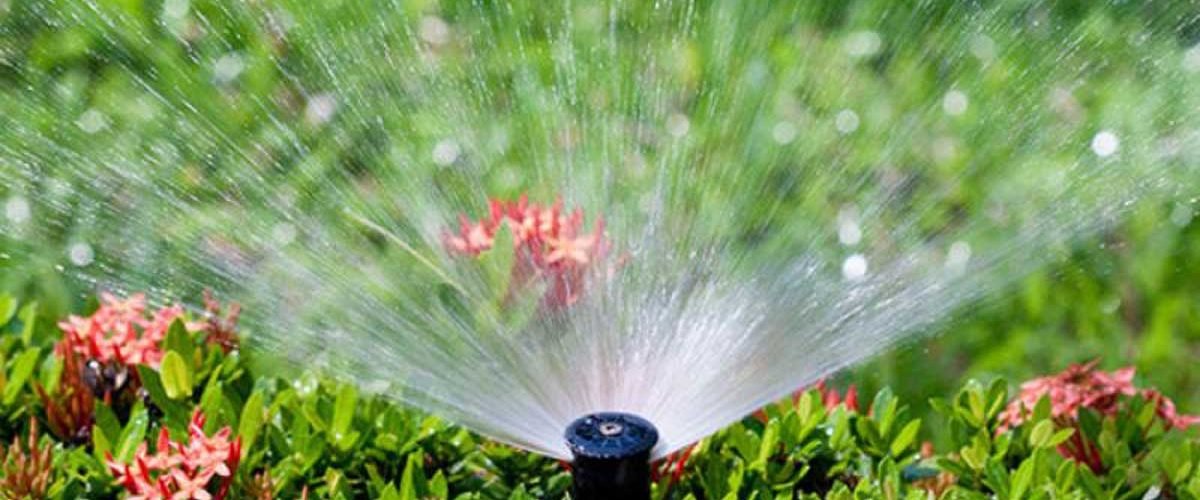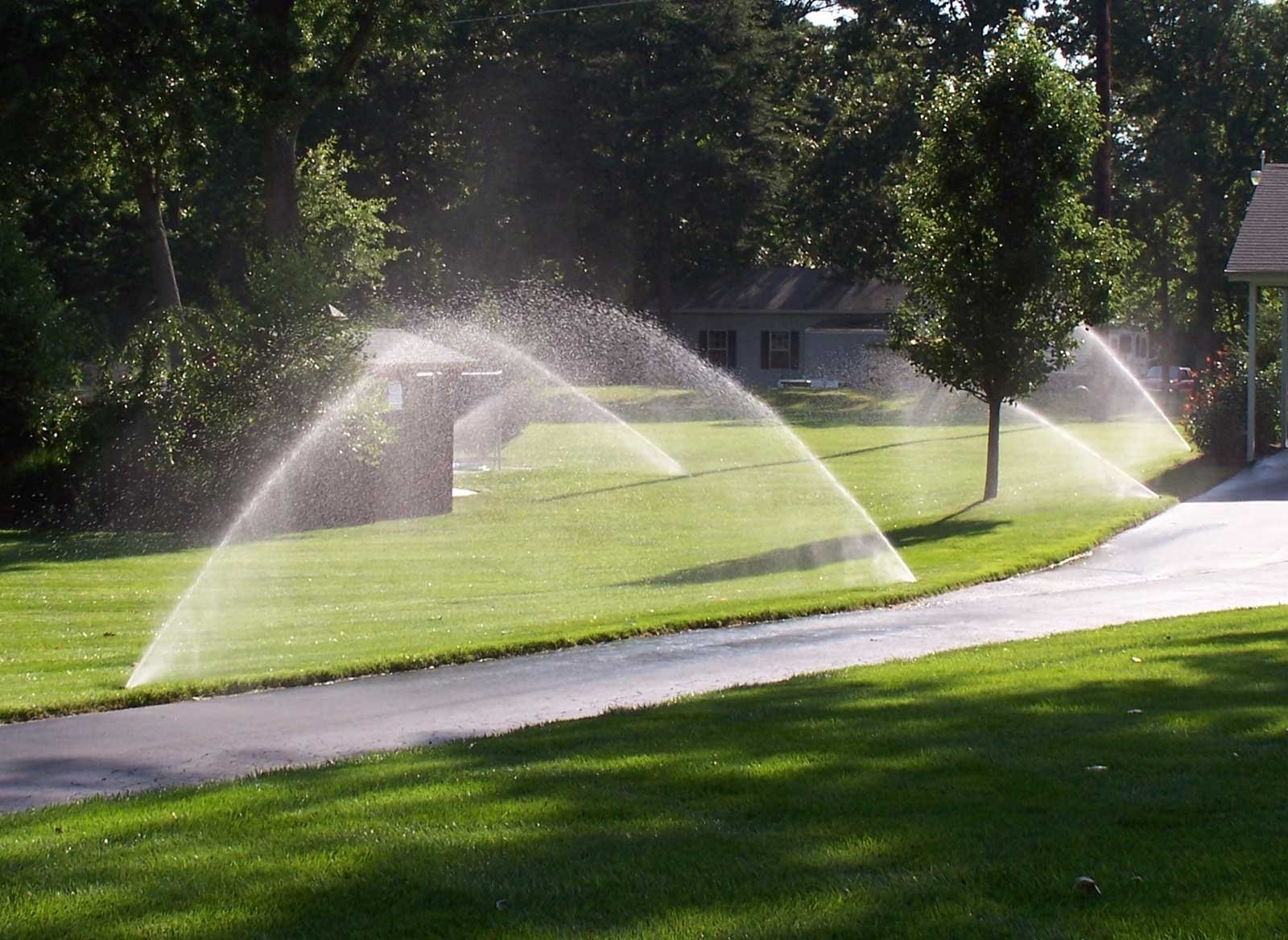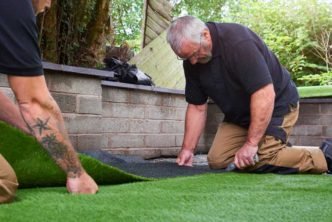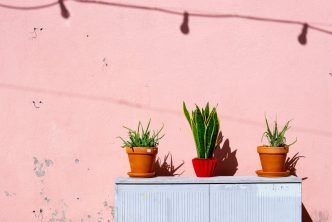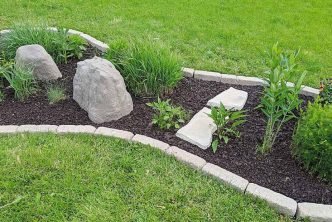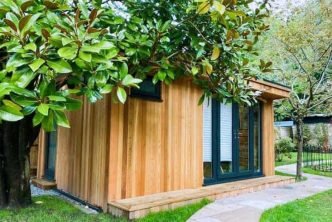Water is a scarce natural resource, but it is essential for humans, animals and plants. We need water to irrigate our landscapes and gardens. However it is essential to make optimal use of water in order to fulfil the irrigation requirement and minimize wastage.
There are many things that you can do to minimize the wastage of water in your garden. From looking after your soil to using a low water consumption system to irrigate your plants there are many things you can do to save water. Let us explore the best water-saving tips to use in gardens and landscapes.
Table of Contents
Check your irrigation systems.
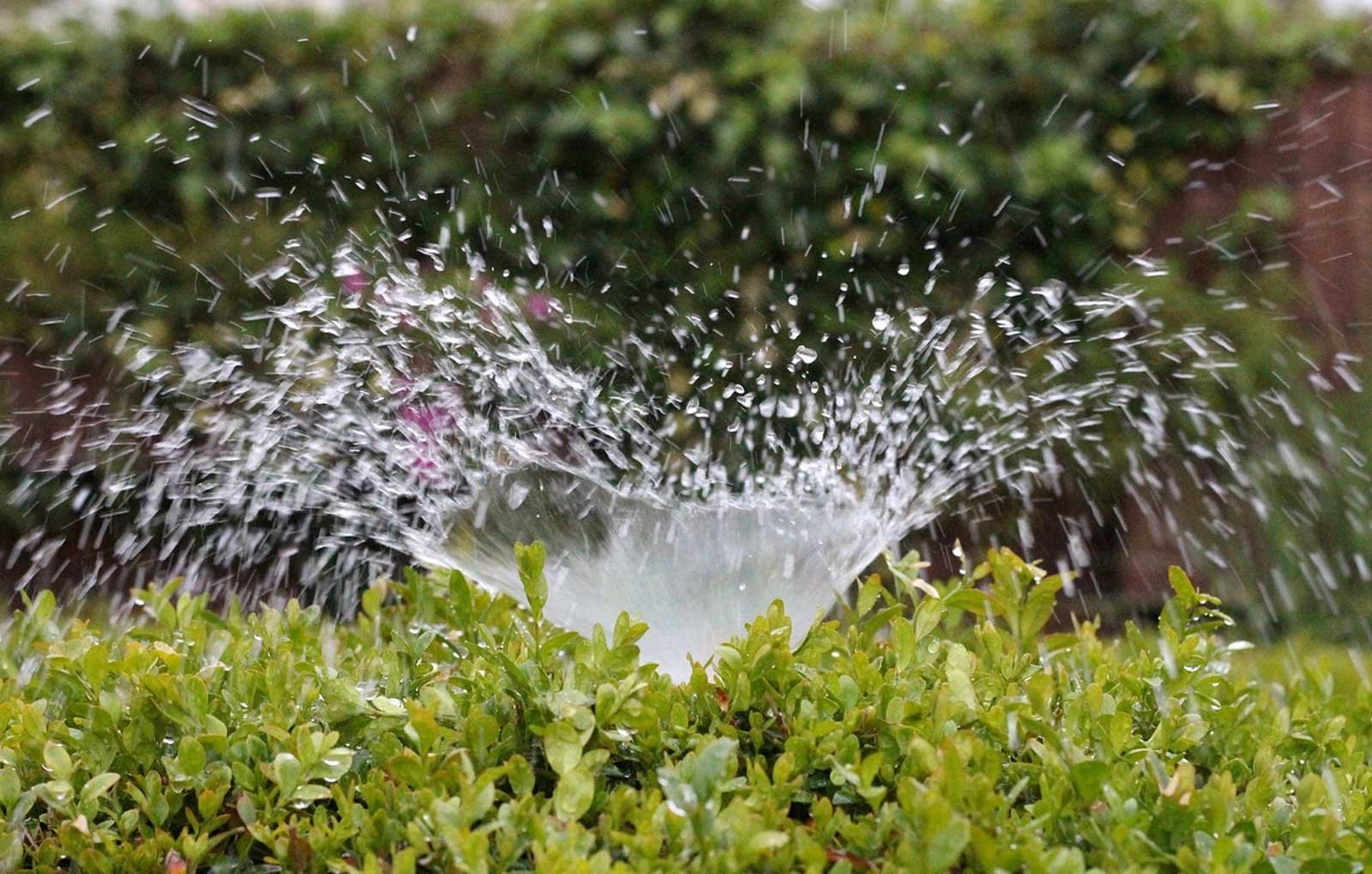
Sometimes leakages and blockages develop in the irrigation system that leads to wastage of water and an increase in water consumption. Humanity has already consumed over 2.9 trillion cubic meters of this precious resource. Garden owners don’t pay much attention to the irrigation system as much as they look after their plants. Even small leakages can lead to wastage of water in Gardens and landscapes. Therefore it becomes essential to perform a periodic inspection of your irrigation systems to spot any blockages or leakages and fix them.
Use organic compost.
Many people prefer fertilizers to improve the quality of their soil. However, fertilizers do not help much with water retention of the soil. You can create organic compost at home or buy it from a nearby location. Organic compost improves the moisture retention capability of the soil. By making use of organic matter in your soil your plants require less water as the soil retains moisture for longer periods.
Use mulch around your plants.
Mulch is another best thing to use for your plants, shrubs and trees. Cover the soil around your plants with a thick layer of mulch. It also helps the soil to retain moisture for longer periods and you don’t need to water your plants sooner. A thick layer of mulch reduces the rate of evaporation of moisture in the soil. Therefore you don’t need to water your plants as frequently as you do without mulch. You can make your own mulch using grass clippings, wood chips and paper or you can buy it from a landscaping supplier.
Save rainwater.
Many countries that have a scarcity of water resources make use of rainwater for irrigation of crops. Farmers and agricultural companies use rainwater harvesting systems to collect rainwater for irrigation purposes. However to make use of rainwater for your garden, you don’t need to install a rainwater harvesting system. You can prepare a rain barrel or simply place multiple containers in your garden or on your roof to collect rainwater.
Install a rain shut-off device.
If you have an automatic irrigation system in your garden you should use an automatic rain shut off device. It is an automatic but inexpensive device that shuts off the irrigation system when it is about to rain or when it starts raining. Some devices also sense the weather conditions and prevent the irrigation systems from turning on when it is about to rain. Installing a rain shut off device can save water and prevent the wastage.
Install a drip irrigation system.
Drip irrigation systems are highly useful for Gardens with the same type of plants and fewer varieties. A drip irrigation system supplies water near the roots of the plants that allow the roots to quickly absorb the water before it evaporates. Drip irrigation systems reduce the rate of evaporation and supply water in low amounts to save it. However the cost of installation of drip irrigation systems is higher than standard irrigation systems.
Sprinkler systems.
Sprinkler systems are another best alternative to standard irrigation systems for saving water. As the name suggests these systems make use of sprinkler heads to spray water on the plants in limited amounts.
The sprinkler system sprays a fine mist of water on the plants that help in saving water. However, the rate of evaporation in sprinkler systems is higher as compared to the drip irrigation systems. The cost of installation of lawn sprinklers is relatively lower than the drip irrigation systems. Therefore sprinkler systems are best for small Gardens and landscapes due to low cost and good water-saving capability.
Upgrade to water-efficient sprinkler heads.
If your rotors, sprinkler heads, or drip irrigation emitters for more than 5 years old you should upgrade to more water-efficient emitters. You can call a local irrigation expert to check your irrigation system. Replace your outdated water emitters with the present-day efficient emitters.
Mow High.
Cutting your lawn grass at the height of about 2 inches will help them offer a significant shade to the soil. Sufficient shade can help prevent evaporation and retain the moisture in the soil. Therefore it is essential to maintain at least two inches of height of your lawn grass for moisture retention in the soil. With sufficient moisture retention in your soil, you won’t need to rewater your lawn sooner.
Drought tolerant plants.
If you are going to create a new Garden, you can choose drought-tolerant plants as they do not require frequent watering. Plants like aloe vera, lavender, peace lily and Marigold are drought-tolerant plants that you can plant in your garden. Planting drought-tolerant plants in your garden can help you save water and also reduce the stress of irrigation and garden maintenance.
The irrigation shop offers a wide range of irrigation products and accessories. They are one of the best suppliers of irrigation supplies in Brisbane, Gold Coast and many other locations in Australia. The company has been a supplier of irrigation products like pumps, valves, timers, sensors, controllers for over 20 years. With such vast experience in irrigation products, it is a company you can trust for all types of irrigation supplies.
Final Words
These are the best water-saving tips for any landscape. You can install sprinkler or drip irrigation systems to reduce water consumption. Making your soil fertile with organic compost and mulch can improve water retention and reduce the rate of evaporation. Following the above tips can help you save water for your garden.

